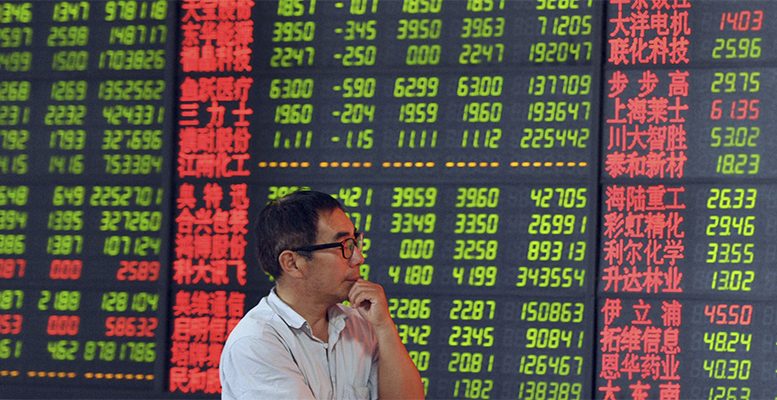Alicia García Herrero (Natixis) | China’s economy has been experiencing a structural slowdown, but what is causing concern now is that it is also slipping below its potential and undergoing a cyclical downturn. The faster deceleration in investment compared to consumption, along with weak CPI data, already provides evidence of China’s negative output gap.
To assess empirically where China stands with its cycle, we use a model developed by Holston-Laubach-Williams (2023) to simultaneously estimate China’s output gap and natural interest rate. Our results show that China has been in a negative output gap since the second quarter of 2022, which briefly turned positive in the first quarter of 2023 when the economy opened following the zero-Covid policy, but has since declined further. Moreover, our estimation of the cumulative output gap suggests that China has not yet fully recovered from the pandemic-related fall in activity.
Related to China’s negative output gap is the rapid fall in the natural interest rate (or equilibrium interest rate), which is now significantly below the current real interest rate. This is mainly due to the stubbornly stagnant nominal interest rates, coupled with negative inflation. The fact that the real interest rate is higher than the natural rate points to a tight monetary environment in China these days leading to many market participants to call for substantial interest rate cuts.
Against the backdrop, there are two possible scenarios down the road.
If the PBoC moves quickly to substantially cut real interest rates in the current first quarter of 2024, it could bolster a swift cyclical recovery through the remainder of the year. To achieve this, the real interest rate needs to significantly decrease, either through a reduction in the nominal interest rate or a rise in inflation rate. However, increasing the inflation rate without support from a reduction in the nominal interest rate may not be easy.
If the PBoC does not act as swiftly, given the low probability of a rapid inflation boost in the near term, the deflationary situation could prolong more than in previous episodes, adding challenges to the Chinese economy in 2024.
When will China recover from the cyclical downturn?





